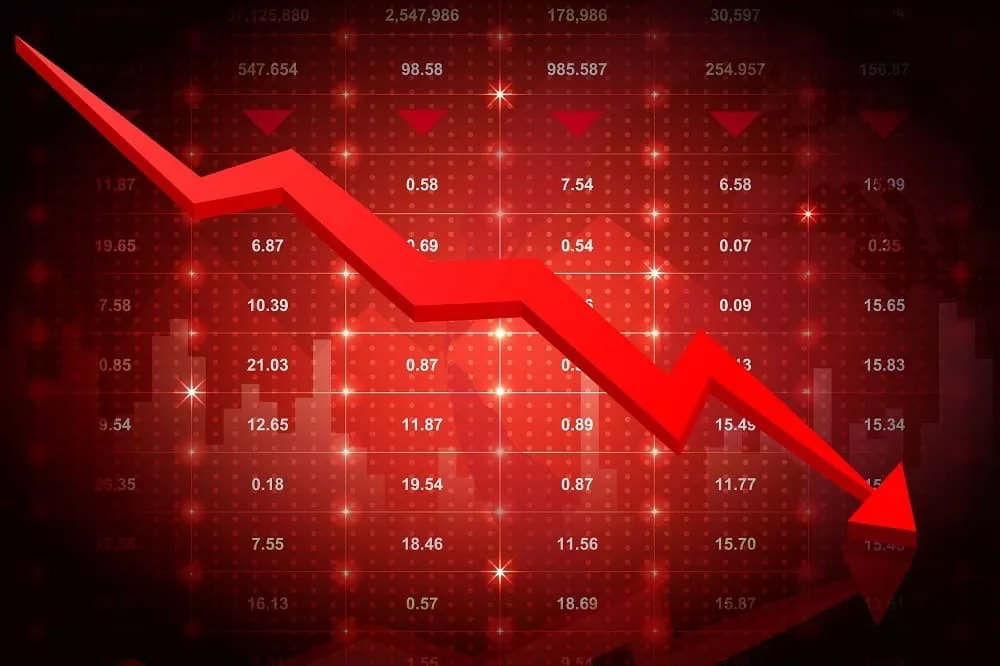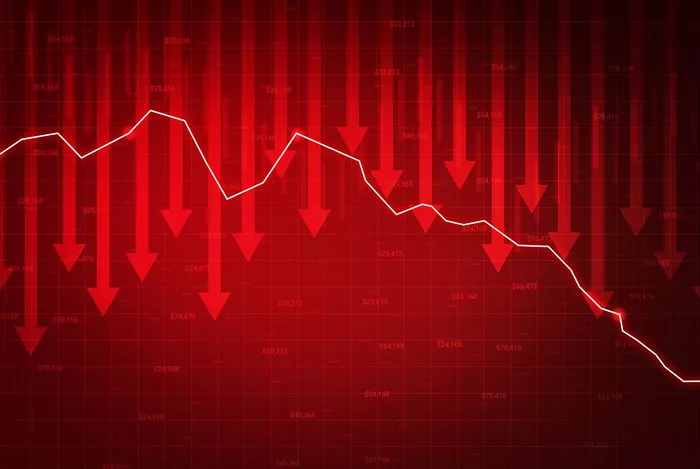As President Trump escalates his protectionist trade agenda, foreign consumers are taking matters into their own hands, turning to boycotts of U.S. products and limiting tourism. This trend could significantly impact the U.S. economy, according to a report from Goldman Sachs, which estimates that foreign boycotts could reduce U.S. GDP by between 0.1% and 0.3% in 2025. This could translate to a loss of between $28 billion and $83 billion, based on the current growth forecast of $27.7 trillion.
Impact of Foreign Boycotts
Goldman Sachs notes that reports of boycotts have been most prevalent in Canada, where 53% of consumers say they have started some form of boycott against U.S. goods. In particular, the firm anticipates a significant decline in sales of American alcohol in Canada, following decisions by provincial alcohol monopolies to remove U.S. products from their shelves.
Lawson Whiting, CEO of Brown-Forman, the company behind Jack Daniel’s, has criticized the Canadian move, calling it “worse than a tariff” because it directly eliminates U.S. product sales. Whiting referred to this response as “disproportionate” to the 25% duties imposed by the Trump administration.
The growing trade tensions have also raised concerns about the broader effects on U.S. brands and the global perception of the country. Companies closely tied to Trump, such as Tesla, have seen the largest declines in favorability and consumer purchase intentions.
Decreased U.S. Tourism: A Significant Economic Drag
Another major concern highlighted by Goldman Sachs is the decline in tourism to the U.S., particularly from European and Canadian visitors. These tourists contribute approximately $50 billion annually to the U.S. economy, accounting for 0.7% of GDP.
An analysis of Customs and Border Protection data shows that foreign arrivals at the 12 largest U.S. airports have fallen by 11% year over year, compared to a 5% growth in U.S. returnees. This decline in foreign tourism is a troubling sign for industries that rely heavily on international visitors.
Air Canada, for instance, has reported a 70% yearly drop in passenger bookings on Canada-U.S. routes, while bookings for flights between the two countries are down 10% for the period between April and September. Air Canada’s chair, Vagn Sørensen, expressed concern about these trends, which reflect broader industry challenges.
European hotel companies, such as Accor, are also reporting a shift in tourist preferences. The CEO of Accor noted that European travelers are increasingly choosing destinations like Canada, South America, and Egypt over the U.S. This shift is reflected in a 25% decline in bookings for U.S. destinations this summer, signaling a significant slowdown in demand.
Projected Economic Impact
Goldman Sachs’ report suggests that these boycotts and declines in tourism, combined with the broader impacts of trade wars and retaliatory tariffs, will likely contribute to weaker-than-expected U.S. economic growth. The firm has downgraded its 2025 GDP growth forecast to 1.7%, down from its previous estimate of 2.4%.
This adjustment follows similar moves by other Wall Street firms, including JPMorgan and Morgan Stanley, which have also lowered their growth projections due to concerns about restrictive trade policies. Goldman’s revised forecast reflects the additional drag on U.S. growth from foreign retaliation and a reduction in exports resulting from the trade war.
In conclusion, the combination of boycotts, tourism slowdowns, and retaliatory tariffs paints a challenging picture for the U.S. economy in 2025. The cumulative effect of these factors may lead to slower growth than previously anticipated, adding pressure to the economic outlook.
Related topics:



























